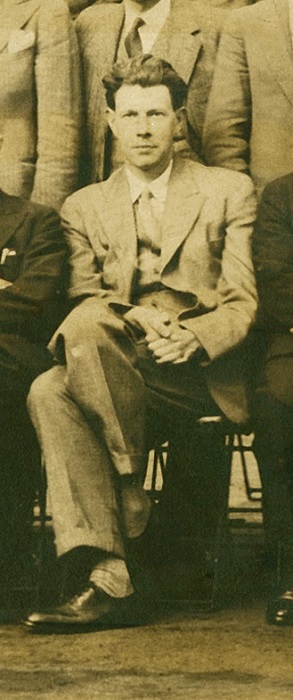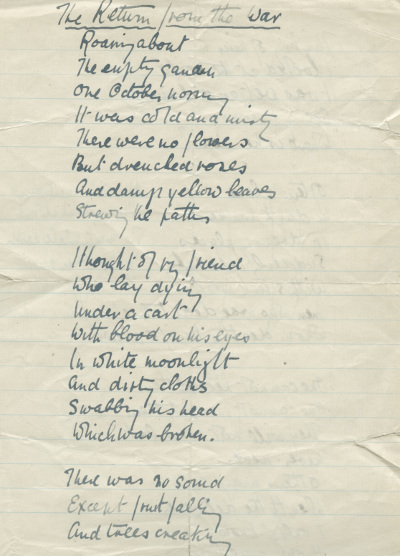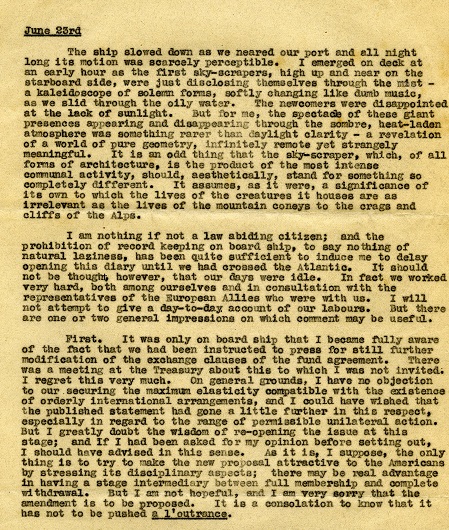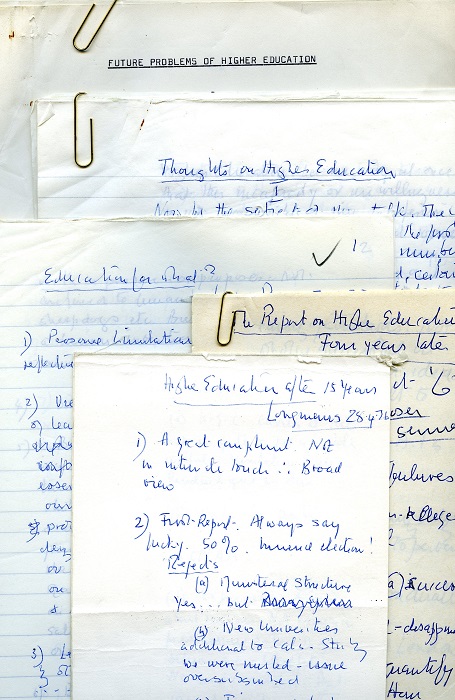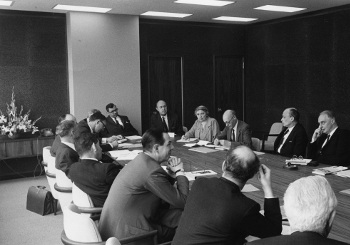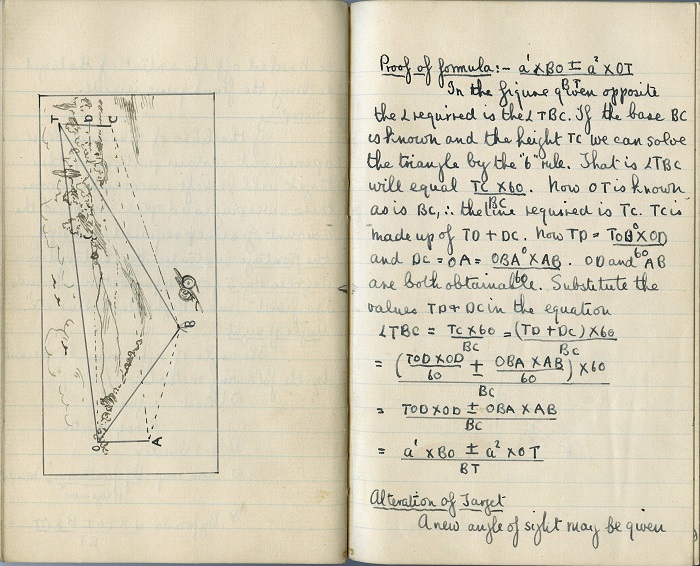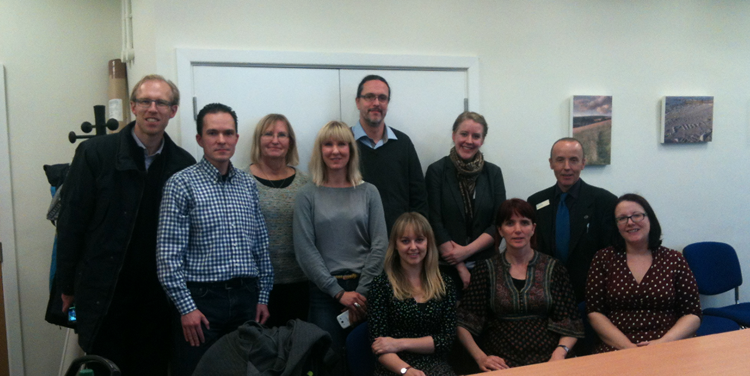
On 24th October, the Archives Hub was delighted to host a meeting of our colleagues from Sweden here in Manchester. The visitors were archivists with a particular interest in business and industry, and so we were very happy that Nicholas Webb from Barclays’ Group Archive and Stacy Capner, Business Archives Development Officer for Wales, both agreed to come along and speak.
Jane Stevenson opened with a presentation on the UK archival landscape. A topic that sounded easy in theory, but in practice is somewhat broad in scope! However, we tried to give our colleagues an overview of the professional bodies, standards training and career opportunities and concerns and challenges that make up the UK archives scene.
Per-Ola Karlsson, Head of Archives at the Swedish Center for Business History gave a talk on his work with the Centre for Business Archives. It was a shame that more colleagues from the business sector couldn’t join us because it was fascinating to hear about this approach to managing business archives. Per-Ola informed us that the Centre is the world’s largest private archive. The basic model is to hold business archives centrally; the centre will take in any business archive, and includes some of the leading businesses in Sweden, such as Ericsson, H&M and Unilever.
Per-Ola gave us some context to the formation of the Centre. Originally the assumption was that companies should take responsibility for their own archives, but this changed during the 1960’s, when companies were ceasing to exist and the archives were under threat. It was interesting to hear that the Government waded in on the debate, pressing for a solution (but reluctant to stump up any funds!). Eventually regional business archives were established, and now the National Centre operates as a centre of expertise in business archives. Sweden has the most private business archives of any of the Nordic countries, and the contrast between the Swedish approach and Norwegian approach is marked, with Norway selecting companies’ archives, and Sweden encouraging all companies to deposit.
The pricing for the use of the Centre is by shelf metres. The depositor retains ownership and control, which in itself is a risk when the staff at the Centre invest so much time and effort in curating the collections. But they see their role as advocates and persuaders – they need to convince businesses that it makes good business sense to have an archive. It means that requests for access can be vetted by the company, but many archives are fully open for researchers. Per-Ola talked about his role – in many ways serving the companies first, because the essence of the work is to attract archives; this is what will make the centre successful as a research centre.
It seemed to be a really positive thing to have this kind of model in so far as it promotes the importance of business archives and ensures there is a centre for advocating the vital importance of these archives for future research. The UK does great work through the Business Archives Council, but we wonder what business archivists would think of this kind of model for the UK? A central store for business archives, and a central pool of expertise. It means that in Sweden, archivists working within a business are much less common.
Stacy took us through the landscape of Wales, as told through its archives of industry. Coal, steel, iron, lager production, nuclear power – they are all quite localised, and tied in with local history in Wales. In the 1960’s, with the decline of heavy industry, many archives ended up in local record offices, but collection was not systematic. There are no private business archives in Wales that are professionally managed.
Stacy pointed out that business archives are often more likely to be left uncatalogued – they are hard to deal with and understand, and more ‘attractive’ archives may take priority. Yet projects such as ‘Wales: Powering the World‘ show how business archives can be successfully used. One of the project’s outputs was a project by two Swansea University students encouraging others to use the archives (and especially business archives) to find research material.
We moved on to look at the archive at Barclays. Nick Webb gave us a thought-provoking talk that highlighted the role of an archive in a company that is struggling to regain its reputation. He gave very persuasive arguments around the vital role of an archive in providing transparency and, if not an objective view of history, at least a view that can be supported by documentary evidence. For instance, the archive shows Barclays’ true relationship to the slave trade, which is not as has often been portrayed. Whatever else the bank might be accused of, they had quite a strong Quaker history and campaigned against slavery. His lovely turn of phrase about archives being ‘a force against corporate amnesia’ really summed this up well. It was interesting to note how much the archive is used by employees – it really seemed that it has an important role to play and that this is properly recognised within the bank, especially since the team often put a monetary value on what they do! Nick has a great anecdote about a student who came into the archive to plough through archives about Barclays’ work in Libya. He declared that the archive was the best source on pre-Gaddaffi Libyan history that he had come across. A great example of the surprises that are hidden within collections.
We ended with Bethan Ruddock and Jane Stevenson talking a bit about ‘the online archivist’ and expanding on some of the challenges archivists face in the digital age.
Altogether we had a great day. It was a great opportunity to hear about how another country approaches the challenges of business archives, and for us it was also a means to get a better understanding of the landscape of business archives within the UK.

